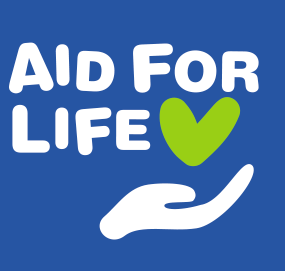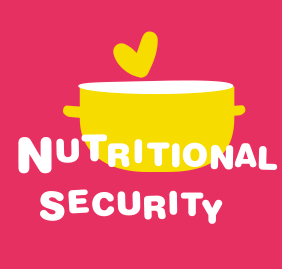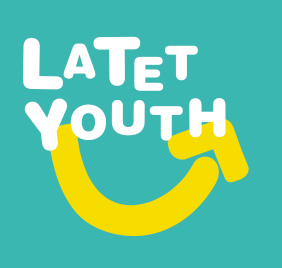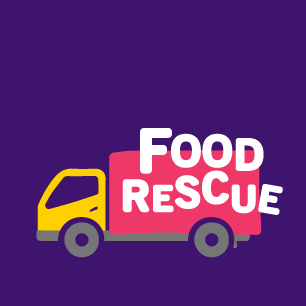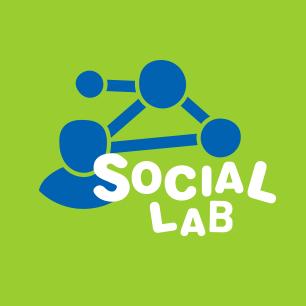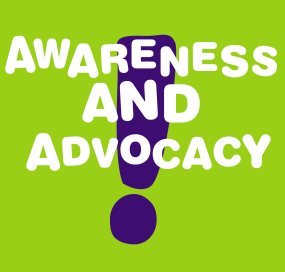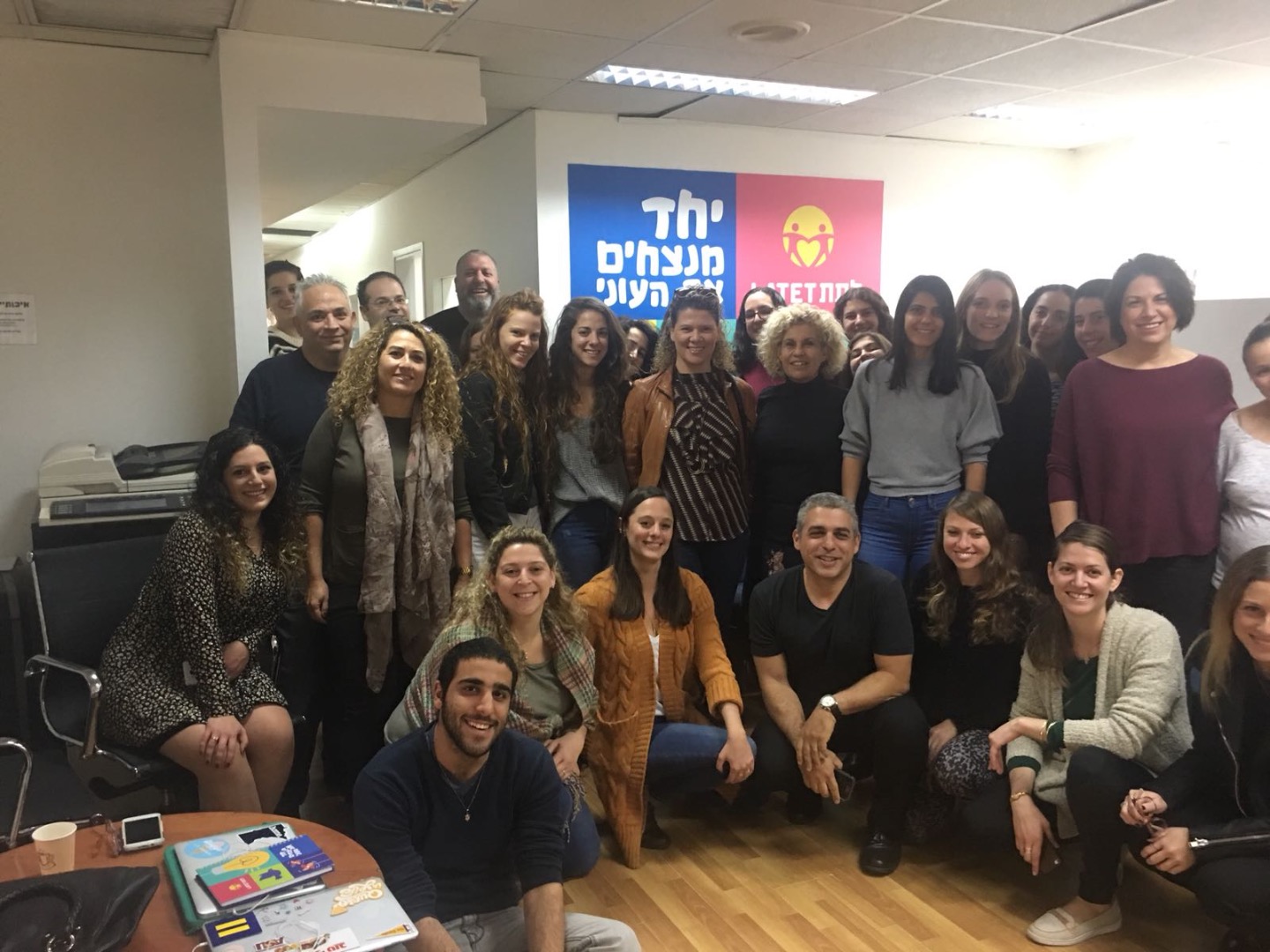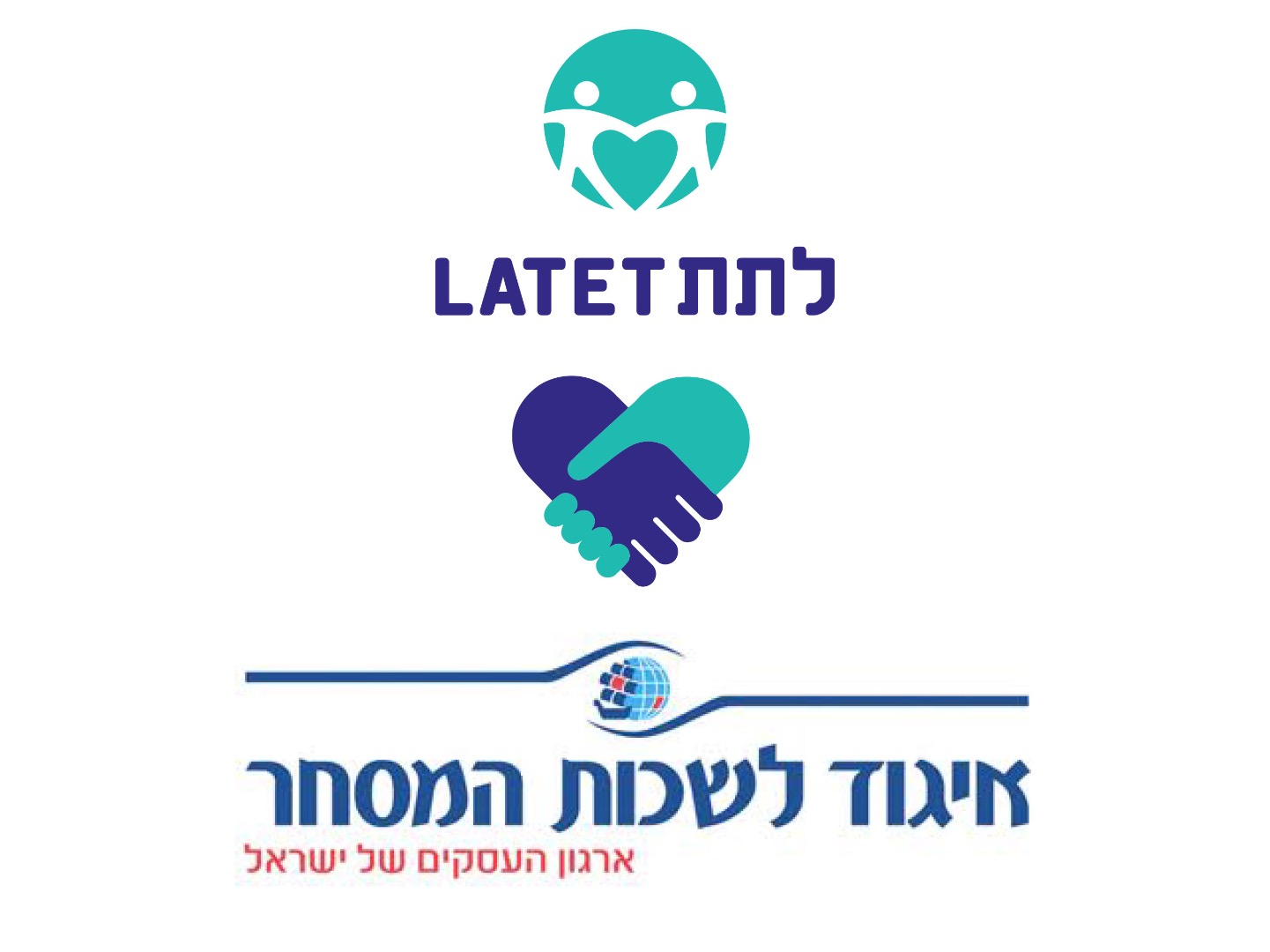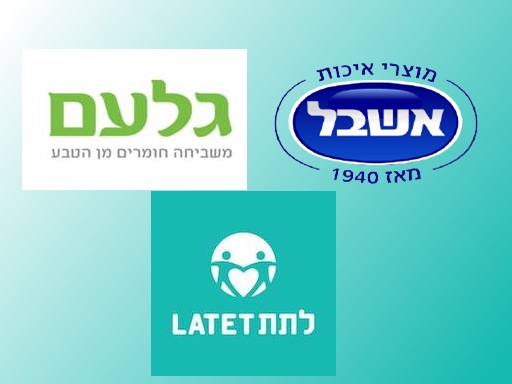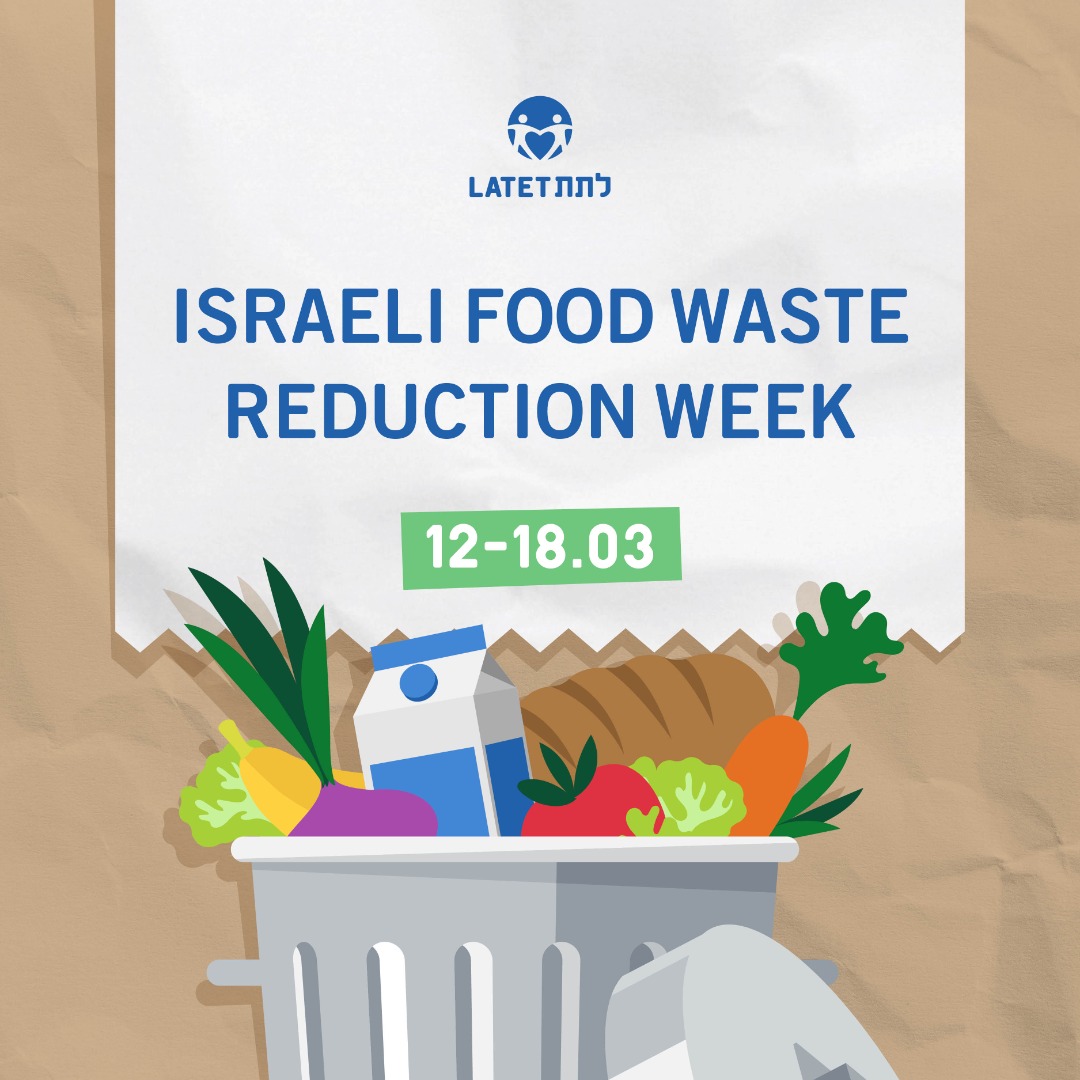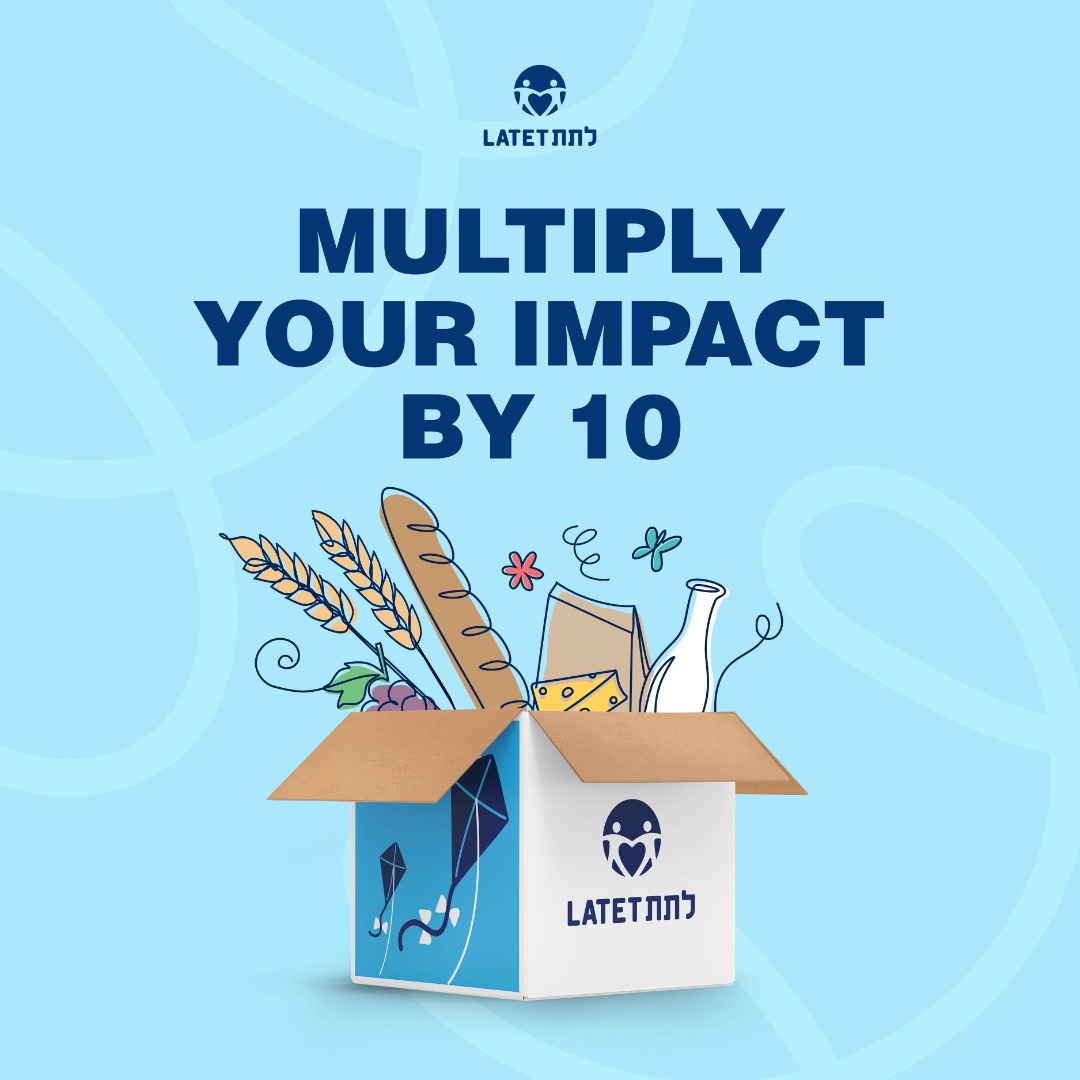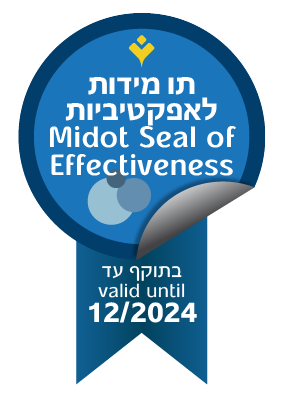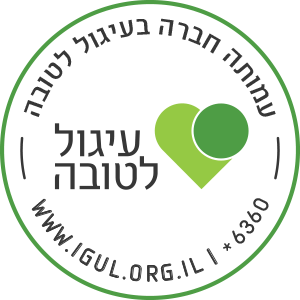Fascinating lecture about the food rescue process by one of our leading partners in the field - Strauss Group. More info >>
read moreFood Rescue
Rescuing edible food that is intended to be thrown away and donating it to families in need living in nutritional insecurity.
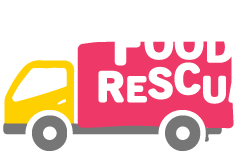
The program
Overcoming Barriers
Scope of Activity:
Effectiveness
Need:
Food Rescue: The regular collection of "marketing disqualified" products intended to be thrown away, to ensure the distribution of basic food products to families living in nutritional insecurity. Most of the products that are given are products with a short expiration date, surpluses of production, unmet marketing standards in the quality control process, promotional packages which are no longer valid, promotional products, defective packages, and returns.
Target Population:
In Israel, 252,000 families, out of which 352,000 children, are living in severe nutritional insecurity. This means that their access to basic food, which is necessary for a balanced and well-functioning life, is very limited due to a lack of economic resources.
Steps to promote the issue:
Food Rescue: The regular collection of "marketing disqualified" products intended to be thrown away, to ensure the distribution of basic food products to families living in nutritional insecurity. Most of the products that are given are products with a short expiration date, surpluses of production, unmet marketing standards in the quality control process, promotional packages which are no longer valid, promotional products, defective packages, and returns.
Target Population:
In Israel, 252,000 families, out of which 352,000 children, are living in severe nutritional insecurity. This means that their access to basic food, which is necessary for a balanced and well-functioning life, is very limited due to a lack of economic resources.
Steps to promote the issue:
- Defining a national goal – reducing food waste
- Setting a priority scale to reduce the formation of surplus food and define how to use it in the most efficient way, as well as to set helping those in nutritional insecurity as the first priority
- The establishment of a national nutritional security initiative based on food rescue as part of the government budget – the adoption of National Nutritional Security Council program and support for setting up a food rescue model for helping people living in nutritional insecurity, making surplus food into a resource and allocating the necessary resources required for this purpose
- Regulation and legislation – promotion for the establishment of a national nutritional security initiative based on food rescue, removal of barriers and determination of incentives to encourage food rescue; e.g. raising the rate of tax deduction for food donations
- Raising awareness about food rescuing – the target audience: decision makers, companies and food retailers, the general public
Overcoming Barriers
- Management by a national umbrella organization, professional, reliable and egalitarian, with experience and a reputation of over 20 years
- Strategic partnerships over the years with all major companies in the food industry
- Nationwide and egalitarian food distribution in a quick and efficient way by a network of 180 organizations in 105 communities across the country and in all sectors
- Cooperation with authorized non-profit organizations that meet strict conditions and act in accordance with ethical code
- Operating a control and inspection system – ongoing control of the participating NGOs according to compliance with criteria, ability and need
- Distribution and transportation system – operating a fleet of trucks according to the nature of the products and the required transport conditions
- A detailed monthly report on the distribution of food donations (what, how many, where, and when)
- Computerized inventory management through an ERP system.
- Signing the SLA – according to manufacturer's requirements
Scope of Activity:
- Food rescue from the food industry – Latet, together with the leading food companies, have been cooperating for more than a decade as part of the organization's nutritional security program. Along with the monthly purchase and distribution of basic food products, the food rescue initiative in which food donations from the food industry are collected and distributed, is held on a daily basis.
- The Association of Food Industries and Latet have initiated a collaboration aimed at encouraging, regulating and expanding the issue of food rescue in Israel. This is part of the activities initiated by the Association of Food Industries in the field of social responsibility and the efforts of Latet in the field of food security and rescue.
- The Shufersal chain and Latet have initiated a collaboration, in which daily surplus food is distributed from the supermarket branches across the country. Local food associations which are part of Latet network of partner NGOs collect the surpluses from the local branches and distribute them to individuals in need, while Latet supervises the process.
Effectiveness
Relative Advantages and Additional Value:
- Assistance to families in nutritional insecurity through food distribution
- Improving the image of the company and the entire food industry in the eyes of the consumers
- Positioning of the company as having a corporate responsibility agenda and contributing to the community
- Reducing gaps in food rescue norms and standards applying worldwide
- Sustainability and environmental protection – use of existing resources and reduction of food waste
- Effectiveness – saving costs of waste and landfill
- Significant increase in the company's donations budget
- Tax deduction receipt on the value of the donation
Channels of influence:
Social benefit:
Social benefit:
- Assistance to families living in nutritional insecurity, support for 60,000 families on a regular basis.
Environmental benefits:
- Sustainability, waste reduction and prevention of destruction. Surplus food – from a nuisance to resource.
Economic benefit:
- Response to market failure, efficient economic model and investment leveraging.
קוד אתי
Overcoming Barriers
Scope of Activity:
Effectiveness
Need:
Food Rescue: The regular collection of "marketing disqualified" products intended to be thrown away, to ensure the distribution of basic food products to families living in nutritional insecurity. Most of the products that are given are products with a short expiration date, surpluses of production, unmet marketing standards in the quality control process, promotional packages which are no longer valid, promotional products, defective packages, and returns.
Target Population:
In Israel, 252,000 families, out of which 352,000 children, are living in severe nutritional insecurity. This means that their access to basic food, which is necessary for a balanced and well-functioning life, is very limited due to a lack of economic resources.
Steps to promote the issue:
Food Rescue: The regular collection of "marketing disqualified" products intended to be thrown away, to ensure the distribution of basic food products to families living in nutritional insecurity. Most of the products that are given are products with a short expiration date, surpluses of production, unmet marketing standards in the quality control process, promotional packages which are no longer valid, promotional products, defective packages, and returns.
Target Population:
In Israel, 252,000 families, out of which 352,000 children, are living in severe nutritional insecurity. This means that their access to basic food, which is necessary for a balanced and well-functioning life, is very limited due to a lack of economic resources.
Steps to promote the issue:
- Defining a national goal – reducing food waste
- Setting a priority scale to reduce the formation of surplus food and define how to use it in the most efficient way, as well as to set helping those in nutritional insecurity as the first priority
- The establishment of a national nutritional security initiative based on food rescue as part of the government budget – the adoption of National Nutritional Security Council program and support for setting up a food rescue model for helping people living in nutritional insecurity, making surplus food into a resource and allocating the necessary resources required for this purpose
- Regulation and legislation – promotion for the establishment of a national nutritional security initiative based on food rescue, removal of barriers and determination of incentives to encourage food rescue; e.g. raising the rate of tax deduction for food donations
- Raising awareness about food rescuing – the target audience: decision makers, companies and food retailers, the general public
Overcoming Barriers
- Management by a national umbrella organization, professional, reliable and egalitarian, with experience and a reputation of over 20 years
- Strategic partnerships over the years with all major companies in the food industry
- Nationwide and egalitarian food distribution in a quick and efficient way by a network of 180 organizations in 105 communities across the country and in all sectors
- Cooperation with authorized non-profit organizations that meet strict conditions and act in accordance with ethical code
- Operating a control and inspection system – ongoing control of the participating NGOs according to compliance with criteria, ability and need
- Distribution and transportation system – operating a fleet of trucks according to the nature of the products and the required transport conditions
- A detailed monthly report on the distribution of food donations (what, how many, where, and when)
- Computerized inventory management through an ERP system.
- Signing the SLA – according to manufacturer's requirements
Scope of Activity:
- Food rescue from the food industry – Latet, together with the leading food companies, have been cooperating for more than a decade as part of the organization's nutritional security program. Along with the monthly purchase and distribution of basic food products, the food rescue initiative in which food donations from the food industry are collected and distributed, is held on a daily basis.
- The Association of Food Industries and Latet have initiated a collaboration aimed at encouraging, regulating and expanding the issue of food rescue in Israel. This is part of the activities initiated by the Association of Food Industries in the field of social responsibility and the efforts of Latet in the field of food security and rescue.
- The Shufersal chain and Latet have initiated a collaboration, in which daily surplus food is distributed from the supermarket branches across the country. Local food associations which are part of Latet network of partner NGOs collect the surpluses from the local branches and distribute them to individuals in need, while Latet supervises the process.
Effectiveness
Relative Advantages and Additional Value:
- Assistance to families in nutritional insecurity through food distribution
- Improving the image of the company and the entire food industry in the eyes of the consumers
- Positioning of the company as having a corporate responsibility agenda and contributing to the community
- Reducing gaps in food rescue norms and standards applying worldwide
- Sustainability and environmental protection – use of existing resources and reduction of food waste
- Effectiveness – saving costs of waste and landfill
- Significant increase in the company's donations budget
- Tax deduction receipt on the value of the donation
Channels of influence:
Social benefit:
Social benefit:
- Assistance to families living in nutritional insecurity, support for 60,000 families on a regular basis.
Environmental benefits:
- Sustainability, waste reduction and prevention of destruction. Surplus food – from a nuisance to resource.
Economic benefit:
- Response to market failure, efficient economic model and investment leveraging.
